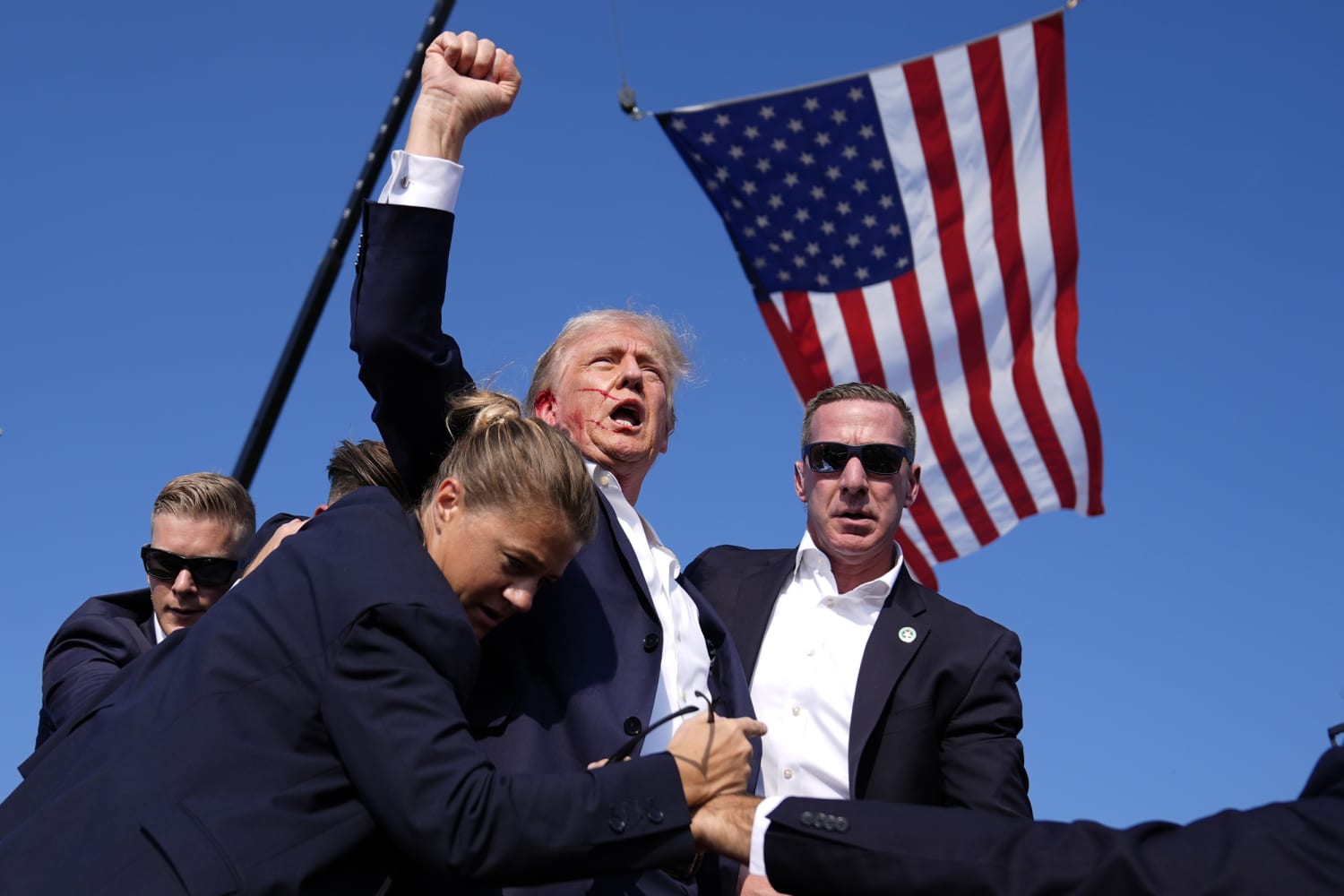Sometimes a picture is worth a thousand words. In this case it’s likely worth a million votes.
At this point it’s unclear what the motivations of the would-be-assassin were, but one thing is for certain, Trump’s supporters will rally around him more than they were already before. And some “undecided” voters will find it easier to vote for Trump as well.
Political assassination has no place in a democracy, regardless of the target. Unless of course one believes that one can save the life of a patient by killing him. That is to say, political assassination undermines democracy far more than any elected official ever could during their term in office.
Firstly, it disrupts democratic processes and undermines the rule of law, replacing dialogue, debate, and the electoral process with violence and coercion. This erosion of democratic governance creates significant political instability, causing chaos and uncertainty. Such instability can lead to power vacuums, infighting, and even civil wars, which have long-term detrimental effects on a country’s stability and development.
Moreover, political assassination sets a dangerous precedent that political disagreements can be resolved through violence rather than peaceful means. The threat of assassination breeds fear and intimidation among political figures and the general public, stifling free speech, discouraging political participation, and suppressing dissent. This harmful atmosphere impacts the overall political climate negatively.
Additionally, assassinations can lead to cycles of retaliation and further violence, escalating conflicts and causing greater harm to society. Such acts often perpetuate a cycle of violence that is difficult to break. The assassination of political leaders also deprives a nation of experienced and visionary leadership, hindering progress and development, especially if the assassinated leader was implementing important reforms or policies.
From a moral and ethical standpoint, many people believe that taking a life, especially for political gain, is fundamentally wrong. Political assassination is seen as an extreme and unjustifiable act that goes against the principles of humanity and justice. Overall, political assassination is detrimental because it disrupts societal order, undermines democratic values, and promotes a culture of violence and fear.
[Hat tip to ChatGPT for some of that pretty prose.]

Pontificating pontificious pontifications, predominantly practicing preferred prose, placing precisely positioned pep plied past popping pages.
